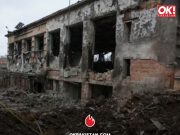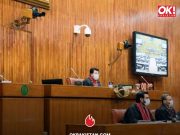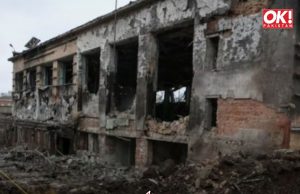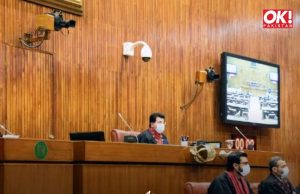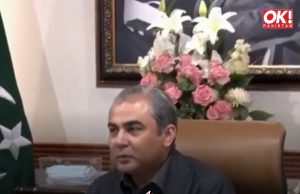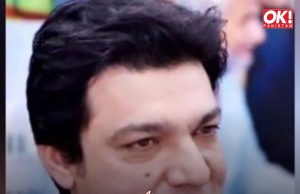The Lahore High Court (LHC) has ordered the government to bring PTI leader Imran Khan’s nephew, Barrister Hassan Khan Niazi, before it by August 18 to answer for his ‘illegal incarceration’ and to be released from prison.

Hafeezullah Khan Niazi, the detainee’s father, appeared before Justice Sultan Tanvir Ahmad with a petition alleging that his son’s abduction and detention violated Section 61 of the Criminal Procedure Code, which mandates that an individual be brought before a magistrate within 24 hours of his arrest. However, the detenue has not yet been brought before the appropriate legal authority, which is a clear breach of the detenue’s constitutional rights.
“Neither the Constitution nor any statute permits the police to kidnap and hold a citizen for the sole purpose of using his abduction to exert pressure on another person. The petitioner added that each defendant was responsible simply for his or her own claimed wrongdoing.
The petitioner named the state, the capital city police officer, the station house officer at the Sarwar police station, and the IGP of Punjab as respondents, asking the court to order them to free the Niazi immediately, to declare his detention to be unlawful, and to launch an investigation into the perpetrators.
According to the plea, on August 13 at around 11:30 pm, members of the Punjab police stormed the Abbottabad home of Barrister Hassan Khan Niazi and abducted him without a justification. The police have provided no justification for his abduction and have failed to present search or arrest orders. According to him, the Niazi is currently in the custody of the Respondent SHO Sarwar Road.
The petitioner argued before the court that the respondents had not provided a “fair trial” or followed the “due process” required by Article 10-A of the Constitution. “The right to a fair trial is a fundamental element of the rule of law,” the judge said.



